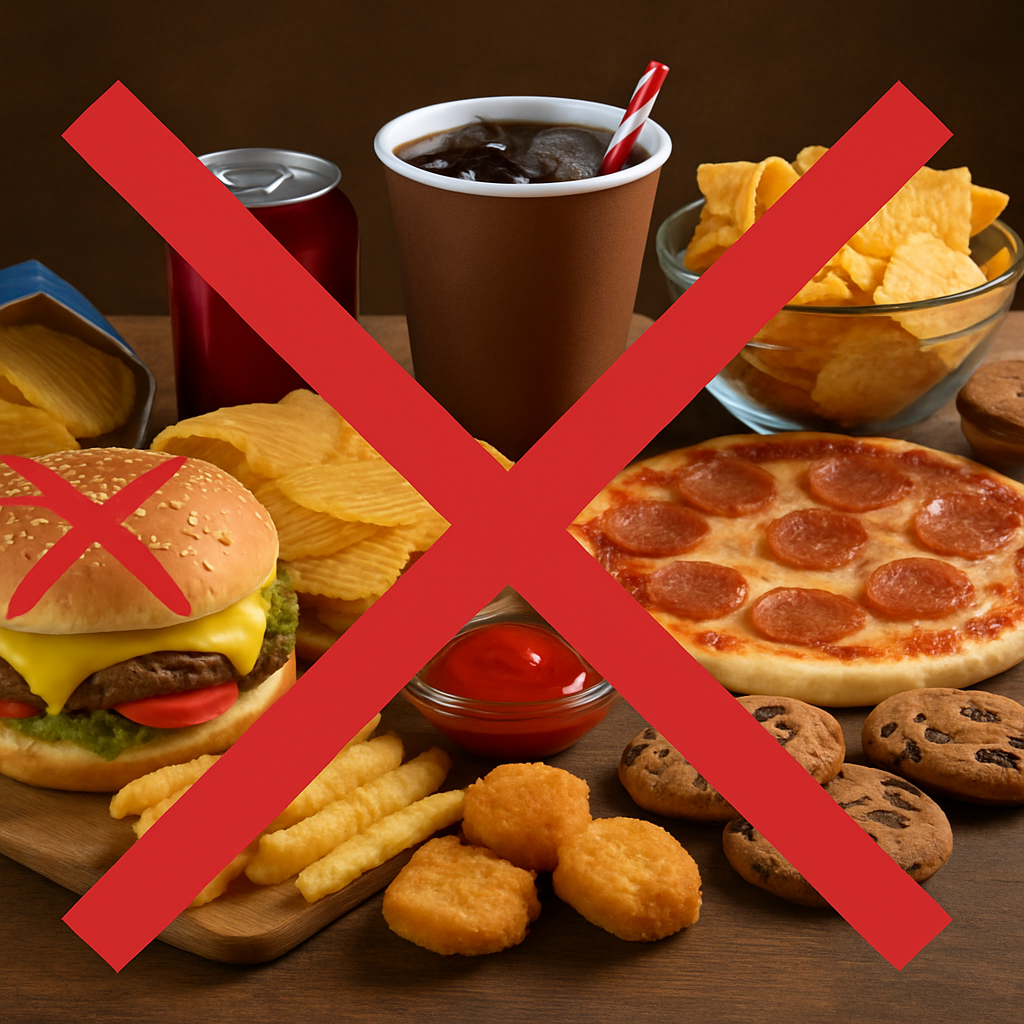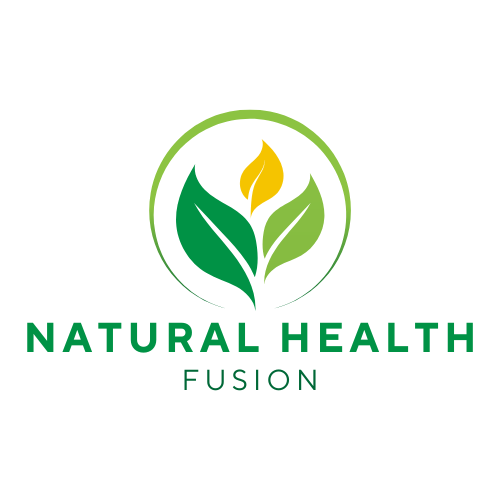
Avoid Processed Foods and Learn About Their Harmful Effects
In modern lifestyles, processed food has become a major part of our daily lives. From frozen dinners, packaged snacks, and sugary drinks to fast food — all these are easily and cheaply available around us. But hidden behind this convenience lies a serious health risk — processed food can have severe long-term harmful effects on our bodies.
Processed food refers to food that has been altered from its natural state for preservation, flavor enhancement, or ease of preparation. Not all types of processing are harmful (such as freezing vegetables to retain nutrients), but the main concern is with ultra-processed foods — typically filled with sugar, trans fats, salt, artificial ingredients and low in nutritional value.
Knowing the harmful effects of these foods and how to avoid them is very important and can help you live a long and healthy life.
What Is Meant by Processed Food?
Processed food can be categorized into several levels for example
- Minimally processed foods : as in washed and chopped vegetables, roasted nuts, frozen fruits etc.
- Moderately processed foods: such as canned beans, cheese, bread, etc.
- Ultra processed foods: soft drinks, biscuits, chips, frozen pizza, instant noodles, fast food, etc.
Ultra-processed foods are the most dangerous for health.
- High in Harmful Fats and Excess Sugar
A major issue with processed foods is that they contain excessive sugar and unhealthy fats, especially trans fats and saturated fats.
Excessive Sugar
These are not naturally present in foods but are added to enhance taste or preserve them. Common sources include:
- Soft drinks and sugary beverages
- Sweets and bakery items
- Processed cereals and flavored yogurts
- Sauces like ketchup and barbecue sauce
Excess sugar intake can lead to:
- Weight gain and obesity
- Insulin resistance and type 2 diabetes
- Liver problems (fatty liver)
- Increased risk of heart disease
- Tooth decay and gum disease
According to the American Heart Society
Maximum recommended daily intake of sugar: 36 grams ( men ) and 25 grams for women. Still one soft drink can contain around 35–40 grams of sugar!
Harmful Fats
Ultra-processed foods typically contain:
- Trans fats – Artificial fats found in margarine, fast food, and biscuits
- Saturated fats – Found in processed meats, cheese, and baked goods
These fats raise bad cholesterol
(LDL ) decrease good cholesterol ( HDL ) and increase heart attacks / strokes.
- Almost No Nutritional Value
During processing, natural nutrients are often lost from foods. For example, sugary cereals or white bread lack essential fiber.
Consuming such foods can lead to deficiencies in:
- Vitamins A, C, D, E, B-complex
- Iron, magnesium, potassium
- Dietary fiber
As a result, you may experience a weakened immune system, fatigue, anemia, and bone problems.
- Harmful Chemicals and Preservatives
Processed foods contain many types of artificial ingredients and preservatives, such as:
- MSG (Monosodium Glutamate) – Used to enhance flavor, but can cause headaches or allergies in some individuals
- Artificial colors – Such as Red 40, Yellow 5 — linked to hyperactivity in children
- Preservatives – Such as sodium nitrate, which is associated with cancer risk
- Risk of Chronic Diseases
Regular consumption of processed foods increases the likelihood of several diseases, including:
- Obesity and weight gain
- Type 2 diabetes
- Heart disease and high blood pressure
- Cancer (especially colon cancer from processed meats)
- Mental health issues — particularly anxiety and depression
- Digestive Issues and Gut Health Damage
Processed foods often lack dietary fiber, which is essential for digestion and gut health. This can result in:
- Constipation
- Gas and bloating
- Lack of beneficial gut bacteria
- Long-term risk of intestinal diseases
Healthy Alternatives to Processed Foods
Completely eliminating processed food may be difficult, but by adopting a few simple strategies, you can stay healthy:
- Eat fruits, nuts, or yogurt as snacks
- Choose brown bread or oats instead of white bread
- Opt for water or natural smoothies instead of sugary drinks
- Eat home-cooked meals as much as possible
- Read food labels and avoid unfamiliar ingredients
Above all, prioritize organic foods.
Based on Scientific Research
- BMJ (2019):
A French study on 100,000 participants showed that just a 10% increase in ultra-processed food consumption raised the risk of death by 14%.
Source: BMJ 2019;365:l1949 - NIH, USA (2019):
A clinical trial showed that people who ate ultra-processed foods consumed an average of 500 more calories per day and gained weight.
Source: Hall KD et al., Cell Metabolism - World Health Organization (WHO):
WHO has repeatedly issued warnings against processed meat and trans fats. It has recommended banning or regulating these ingredients.
Conclusion
Avoiding processed food is a powerful step toward better health. Occasional consumption is not harmful, but regular intake can be destructive to the body.
Simple habits — like home cooking, choosing natural foods, reading food labels, and opting for organic items — can help keep you healthy in the long run.
Start today. Reduce processed foods and return to natural eating. Your body and mind will thank you.
